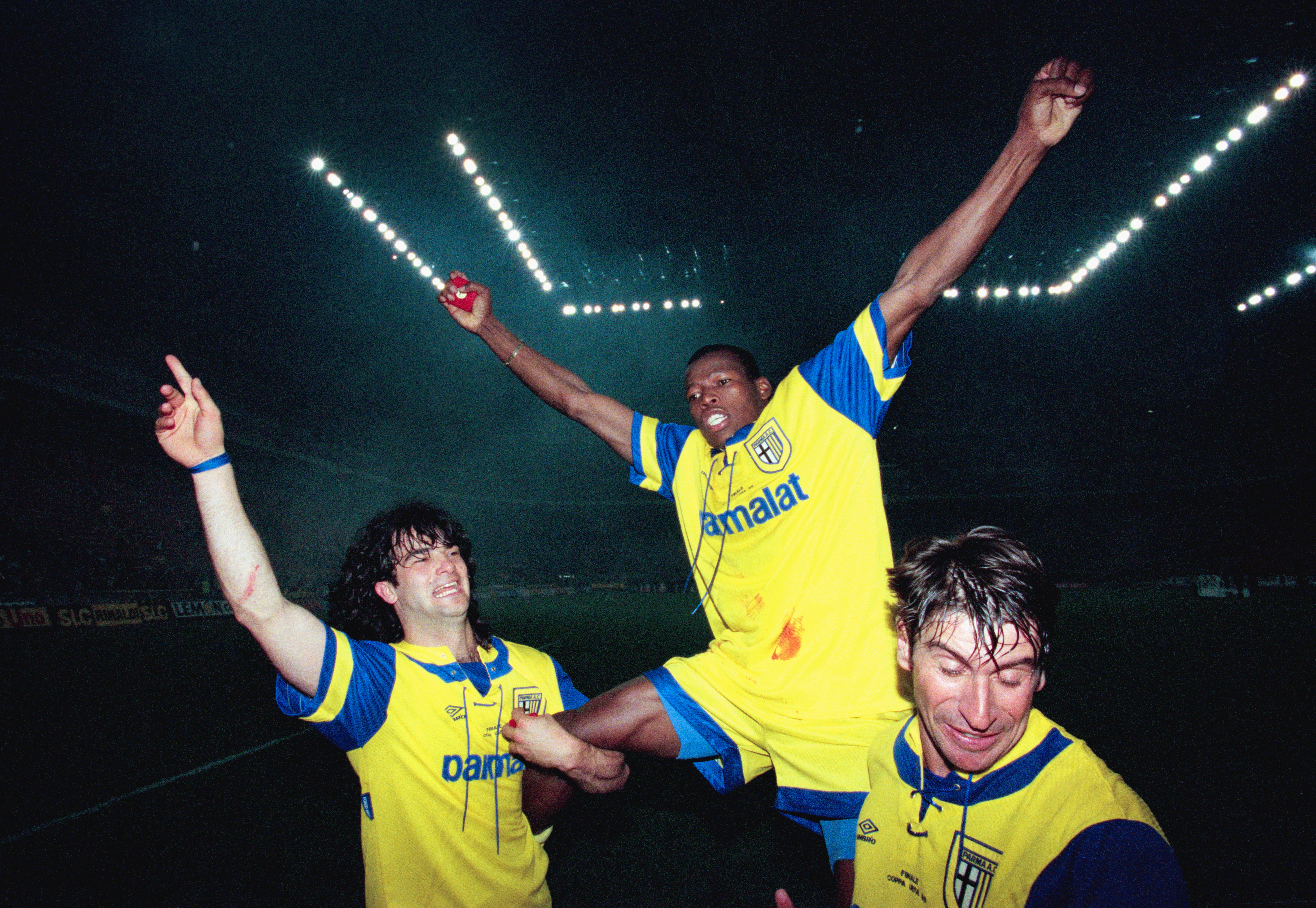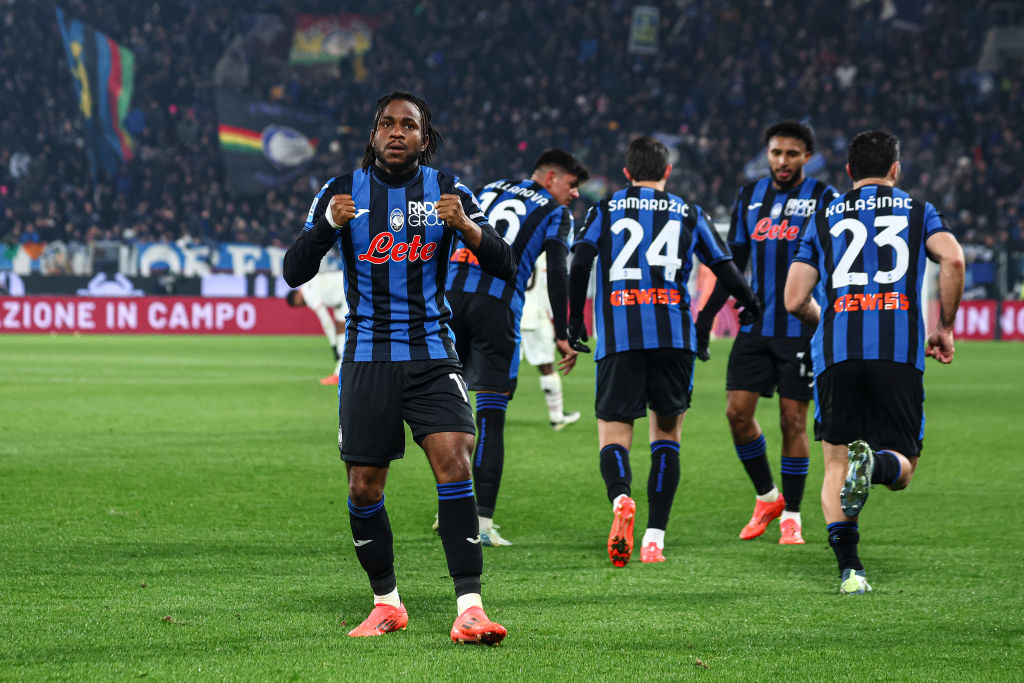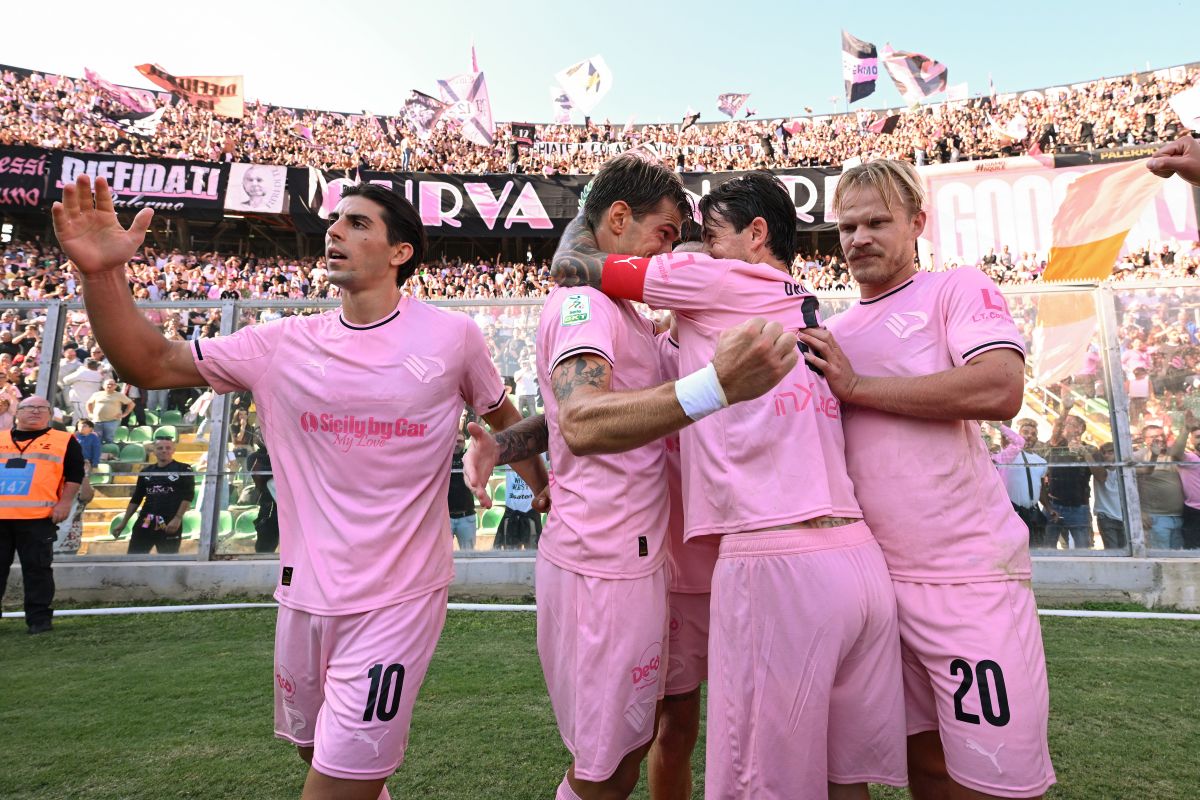
Lazio and Roma Prove Days of Neglecting Europa League Are Over for Serie A Giants
By Emmet Gates
Lazio left-back Nuno Taveres decided to go on a mazy dribble from deep inside his own half in the 75th minute.
Taveres had just come on the pitch, having replaced Luca Pellegrini six minutes prior. The left-back took flight and there was no stopping him. As he glided past one Ajax player, then two, he passed the ball into Loum Tchaouna on the edge of the Dutch side’s penalty box.
Tchaouna produced a tidy backheel into the path of the onrushing Pedro, and the former Barcelona player took one touch to tee up the shot, and his second sent the ball curling majestically into the top corner of Remko Pasveer’s goal.
It was vintage Pedro, and it put Lazio home and dry at the Johan Cruyff Arena.
The win meant Lazio returned to the top of the Europa League on 16 points, and the Biancolesesti are surpassing all expectations in Europe this season.
In seasons gone by, Lazio would’ve fielded a mix of youth and second-string players, and likely lost in Amsterdam.
Not anymore. Italian attitudes have thankfully changed regarding Uefa’s secondary competition.
No one could’ve predicted that when Parma captain Nestor Sensini lifted the Uefa Cup inside the Luzhniki Stadium in May 1999 after the Gialloblu had demolished Marseille 3-0, a side from Italy would have to wait another quarter century before lifting it again.
Serie A had dominated the competition in the 1990s, to the point where the tournament was viewed as the Coppa Italia II: three all-Italian finals in the decade; three different winners and only a single year the final didn’t have an Italian representative.
Changes to the Champions League in the summer of 1999 meant more sides from a single nation granted entry to the riches of Uefa’s primary competition and, in truth, the Uefa Cup never recovered.
The general consensus was that the competition was the hardest of the then-three Uefa tournaments, considering you had more teams involved from the big leagues. While the Champions League had in those days just the champions, the Uefa Cup would have second, third, fourth and fifth-placed teams from a league, dependant on their Uefa coefficient ranking.
When Napoli won the competition in 1988-89 they saw off Juventus and Bayern Munich en route; when Juventus won it in 1992-93, Benfica, Paris Saint-Germain and Borussia Dortmund were cast aside along the way.
Under pressure from clubs, Uefa opened up the Champions League to the top three or four teams from Europe’s best leagues. One of the major consequences was teams failing to take the Uefa Cup seriously, Italian sides above all.
From dominating the competition for a decade, sides from the peninsula floundered. No side from Italy even reached the semi finals again until 2002, and then there was tumbleweeds from Serie A for years, save for Fiorentina’s run to the final four in 2008.
Rebranded the Europa League in 2010, it was seen as an inconvenience to many; the money on offer simply wasn’t worth the hassle. For Italian sides it was Champions League or nothing.
Yet attitudes towards the competition started to shift, slowly. Juventus reached the semi-final in 2014; Napoli and Fiorentina both reached the same stage a year later; Inter reached the final in the pandemic-hit 2019-20 season, inevitably losing the final to Sevilla, a club now synonymous with the trophy.

Roma reached the semi-final in 2021 before going one better two years later and making the final, where they lost controversially to Sevilla (of course) in Budapest amid Jose Mourinho’s public tirade against English referee Anthony Taylor. The Giallorossi again made it to the final four last season.
Finally, the drought was broken last season when Atalanta swept all before them to beat Bayer Leverkusen in the showpiece event in Dublin, with Ademola Lookman putting on a masterclass in finishing.
So, after neglecting the competition for so long, why has the mentality changed? The money on offer hasn’t improved that significantly compared to years gone by. Atalanta only earned €36m for winning the competition last season for example. This season in the Champions League they’ve already earned €52m from Uefa.
But there’s a recognition that a rising tide lifts all boats. Italy’s sustained efforts in the Europa League – as well as Fiorentina in the UEFA Conference League – has seen Italy reach number two in the coefficient ranking over a five-year period for the first time in 15 years.
The end result is Serie A having five teams in the Champions League this season due to their excellent coefficient ranking last season. Italy topped the charts in 2023-24 in front of Germany and this season, as it stands, Serie A will have another five teams in the competition next season, with the league second after the Premier League.
Moreover, another incentive for teams is winning the competition outright guarantees a side a place in the Champions League, no matter their league finish. This has spurred on Italian sides in the last few years, who almost forsake progressing up the league table for a proper crack at the Europa League.

In the current Europa League table Lazio, barring a monumental collapse in the final two games, are almost guaranteed a top eight finish and through to the round of 16. Roma are slowly finding their feet under Claudio Ranieri and should finish in the play-off positions quite comfortably.
Ranieri’s men brushed aside Braga at the Stadio Olimpico on Thursday night, and come the end of January — when the competition resumes — his side will likely be a different beast. They’re good enough to make another deep run in the competition.
Lazio, meanwhile, could also do the same should Marco Baroni continue to take it seriously. Yet once the competition gets into the business end, the double demands of Serie A and Europa League may take a toll on his squad, which isn’t the biggest to begin with.
Yet after years of treating the Europa League as an afterthought, teams in Italy are beginning to take the competition seriously once more. We may never see the dominance of the 1990s again, but the work of Roma and Atalanta over the past few seasons is a positive start.
Related Articles
Related Articles
Football rivalries, world-class sport, surreal carnivals, and a tradition you won’t find anywhere else. Five events to catch in February.
In the latest edition of My Town, My Team, Napoli fan Alex told us why everybody should visit Naples at least once.
Sampdoria against Palermo at the Stadio Luigi Ferraris is just one of the standout matches to be shown live on Destination Calcio TV.





